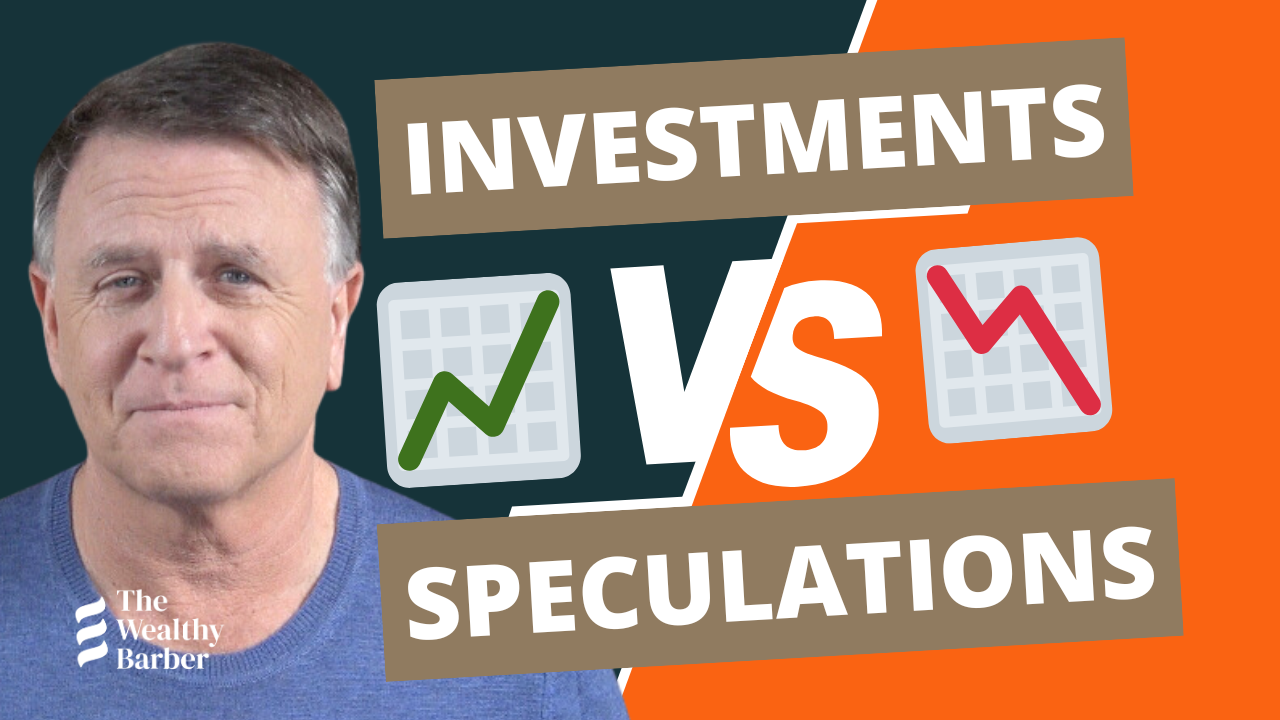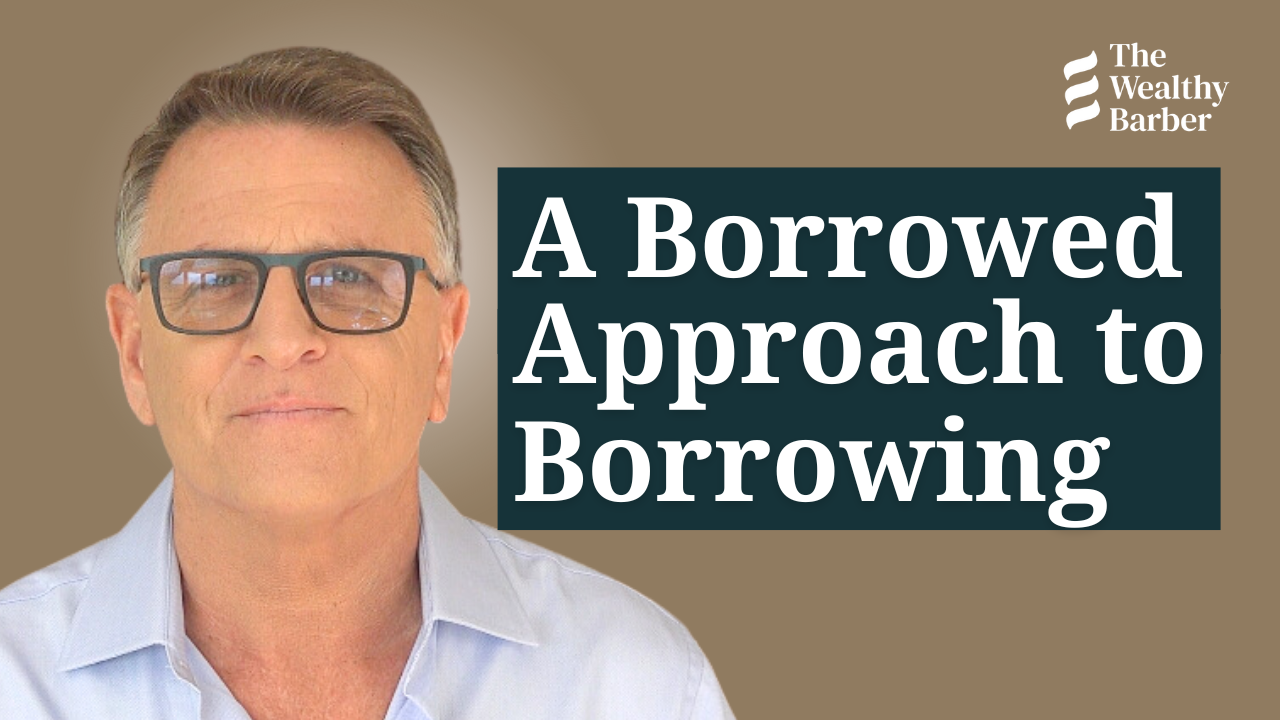Paying Down Debt vs. Investing: Which Should Come First?
Pay down debt or invest for the long term in TFSAs/RRSPs? The age-old dilemma.
💈💈💈
One of the most common questions I receive is: “Should I pay down my debt or put my money in my TFSA or my RRSP instead?” Well, we have a podcast coming up to look at the last part of that — the TFSA versus RRSP decision. Stay tuned for that one — you’ll really enjoy it and, I think, be a bit surprised by some of its conclusions.
I do want to give you one reminder on that front though — almost impossible to beat the option of an RRSP with employer matching. Not really sure why I used the word almost there. It’s impossible. But for this video, and for simplicity sakes, let’s assume RRSPs and TFSAs lead to the same results. So, should you pay off debt or put the bucks into a TFSA?
Well, a big part of that decision — but not all of it — is determined by the answer to this question: “Are you likely to post a higher return on your investments inside the TFSA than the interest rate you’re paying on the debt.” If you’re comparing, say, paying off a credit-card balance charging 22% a year versus the TFSA, well come on, hammer down that credit-card balance.
If you think you can earn more than 22% a year investing inside your TFSA over an extended time frame, you have a fundamental misunderstanding of the world of investing. But, what if the debt is a car loan at 7%? Hmm. That’s a little trickier. Should you be able to average more than 7% over a long period in, let’s say, an all-in-one index-fund ETF?
Probably. Perhaps. But there are no guarantees. And market valuations, especially in the US right now, are currently very high, that could lead to subdued returns over the next decade. Wish I was smart enough to know the answer to all this with 100% certainty. But I’m not, and no one else is. And remember, paying down the loan does have some advantages that sometimes don’t get enough weight.
You can’t screw it up. That’s a big plus and the return is guaranteed. We can definitely screw up investing in the stock market. In fact, we almost all have at some point. Returns, of course, aren’t guaranteed in the markets, but, it’s very key to remind yourself on the positive front that that uncertainty that you deal with, that volatility that you deal with, is a big part of why the longer-term returns in the broad equity markets tend to be so, so good.
All this leads to the question I’m asked most often. Do I pay down my mortgage or contribute to a TFSA? Tough one. Paying down the mortgage right now on your principal residence “earns” you let’s say, 5ish% after tax. And, again, you can’t screw it up and it’s guaranteed. And it builds pride and ownership, and it often reduces stress.
Plus, if rates head back up again down the road — who knows, they might — you will be thrilled probably that you paid down some of your balance. Bottom line is: I don’t meet many people who complain, “Darn, I wish I wouldn’t have paid off my mortgage early.” But, to go back to the question, that doesn’t mean it’s better than investing in a properly-selected long-term growth vehicle inside the TFSA.
It is very likely that the broad markets will outperform 5% over the next, say, twenty years. It really is. But when mortgage rates were at 2 or 3%, hey, I agree, it was certainly an easier decision. Three more quick but important points before I wrap up. 1) Some people argue, “Go TFSA and then if rates go up meaningfully, cash out your equity funds in your TFSA, withdraw the money and pay down the mortgage.”
It sounds quite logical, but one potential issue is that when rates go up, often equity markets struggle and you could be therefore selling low, not always, but often. 2) It makes little sense to go the TFSA route, but then keep the money in a savings account paying only 1% or even put in a GIC paying 3% when you have debt at 5% or 7% or heaven forbid, 22%.
Yet I see that all the time. 3) KEY POINT ALERT. Looking back on my 100-year career and all the plans I’ve seen, I’ll give you an observation that may surprise you a bit. Most people I’ve dealt with, helped, observed, whatever, who have built up a very significant net worth relative to their income, have chosen to go the TFSA/RRSP route over the mortgage downpayment.
Why? Lots of exceptions here by the way, but a significant majority, why they do it, they felt they could outperform the mortgage rate with their long-term investments, and have, but also like the forced-savings aspect of having the mortgage. By the way, absolutely nothing wrong with doing a bit of both!
That gives some people the all-important peace of mind they need. We’ll finish with the great old financial-advice line. Question: Should I put money in my TFSA or my RRSP or down on my non-deductible debt? Answer: Yes.
Feel Confident About Your Finances
Sign up for our Weekly Round-Up of new videos and podcasts released over the past seven days. We won’t spam you or try to sell you a course—promise!



